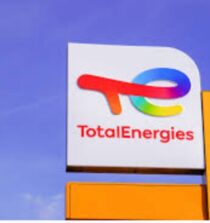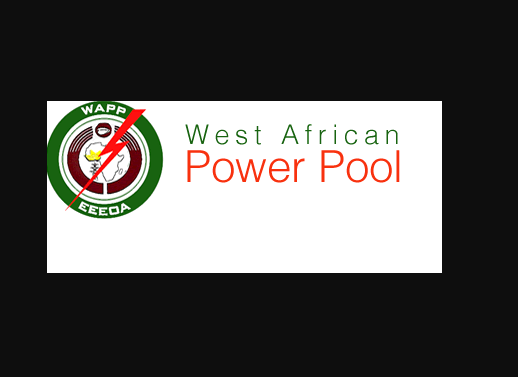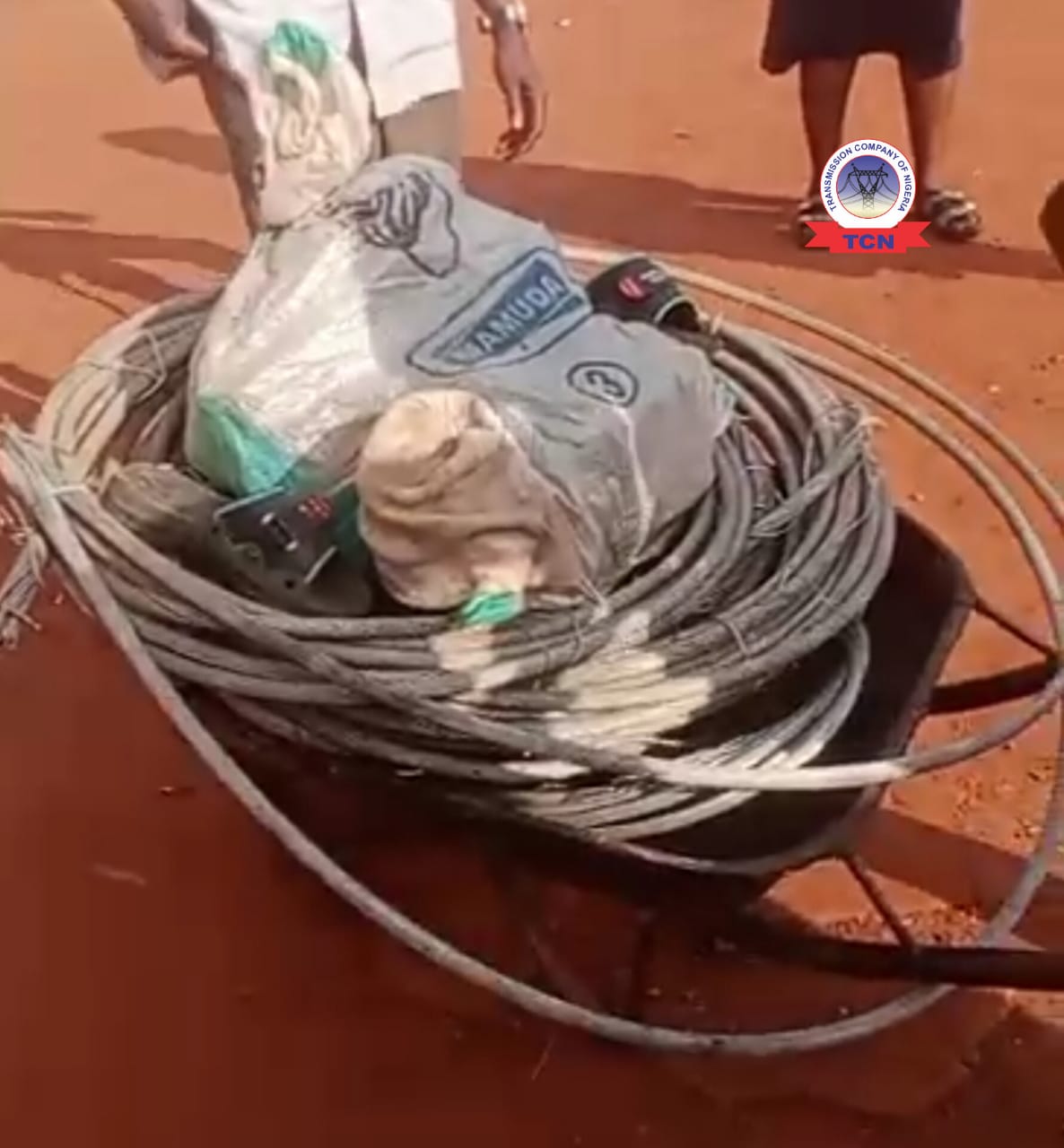The West African Power Pool (WAPP), on Wednesday, announced plans to begin construction of Nigerian component of the North core transmission line that will connect Nigeria, Benin Republic, Niger and Burkina Faso.
The Chairman of WAPP, Mr Mohamnmed Gur-Usman, said this in Abuja, while responding to questions on the sidelines of a meeting organised to disseminate the operational manual of WAPP. The News Agency of Nigeria (NAN) reported.
WAPP is a Cooperation of the national electricity companies in West African under the auspices of the ECOWAS.
The members of WAPP are working for the establishment of a reliable power grid for the region and a common market for electricity. It was founded in the year 2000 with present membership of 14 West African countries.
Gur-Usman, who is also the Managing Director of Transmission Company of Nigeria (TCN), said the transmission line was a project designed to be constructed by four member countries of WAPP.
According to him, the component of the line that concerns Nigeria is about 62 kilometers to other countries.
He said the line would run from Birnin Kebbi in Nigeria to the border, to Niamey in Niger.
He also said that the line would run from Benin Republic from Niamey to Burkina Faso.
According to him, the construction of the line that concerns other countries will be financed by the African Development Bank (AfDB) and the French Development Agency (FDA).
The component financed by AfDB is concentrated on the side of Ouagadougou, Burkina Faso and Niamey in Niger.
“That component has been approved already by the board of AfDB and the agreements signed with those countries.
“The component that concerns Nigeria is about 62 kilometres from Birnin-Kebbi to the border and we are discussing with World Bank to finance it.
“All the studies for it have been carried out including the environmental disclosure.
“For us to be able to supply energy on that line, we also have to build a 330kV double circuit line from Kanji hydropower plant to Birnin-Kebbi which is part of the Northern corridor project of TCN.
“We have done the feasibility study and what is remaining is the validation of the feasibility study which we have hired a consultant to do.
“We are at the final stage of completing the procurement of that contract, everything is starting this year.’’
He further disclosed that the funding of the project that concerns Nigeria would cost 29 million dollars for the transmission line from Birnin-Kebbi to the border of Nigeria and Niger.
“I don’t have the total funding cost for the other countries but the distance of the entire transmission lines is about 700 kilometres. So it is a long distance transmission line’’.
On the progress made on the Southern component of the transmission project, the WAPP Chairman said “the Southern backbone project is a separate project that is under preparation.
“We are doing the environmental impact assessment which is supported by the AfDB, once the study is completed, we will start looking for the financing.
“The grant given is three million dollars and is equal to the amount to pay for the study, they are paying for the contract we entered with the consultant.’’
The chairman also said WAPP in conjunction with the ECOWAS Regional Electricity Regulatory Authority (ERERA), was hoping to launch the regional electricity market in June.
He said sensitisation programmes were being done to sensitise member utilities firms on the plan to start the regional electricity market.
“There are several things that are involved in the regional electricity market and synchronisation is just one of them.
“It means that all the electricity that is generated across the sub-region have to be synchronised so that from Nigeria to Cote D’ivoire can have the same power frequency and other places.
“As TCN, we anticipated this and that is why last year, we embarked on the frequency control which we achieved and attained at 39.5 and 30.5 frequency.
“In the last 20 years, this has not been achieved and it enabled WAPP and the rest of the country to synchronise their power.’’
He said the vision of the regional electricity market was also to provide energy security.
“If tomorrow, Nigeria has a problem of gas supply, Nigeria can import energy from Ghana or Burkina Faso, depending on which has cheaper source of energy.”
On if the regional market will ensure improvement in the payment of electricity supplied to international customers, Usman-Gur said:
“We have other mechanism we are putting in place to ensure payment in the market but even as it is, the payment in the international market is better than the local market and we are still working to improve it.’’
He, however, said he could not guarantee that the launch of the regional market would ensure 100 per cent payment of electricity supplied to international customers.
“Whether it will guarantee 100 per cent payment, I can’t tell you because even in the WAPP sub-region like Benin and Niger, the distribution companies are still the weakest link as they are not collecting all the money.
“We are working with WAPP to improve the collection capacities of distribution firms by forming mechanisms that will guarantee payment like this synchronisation.”







